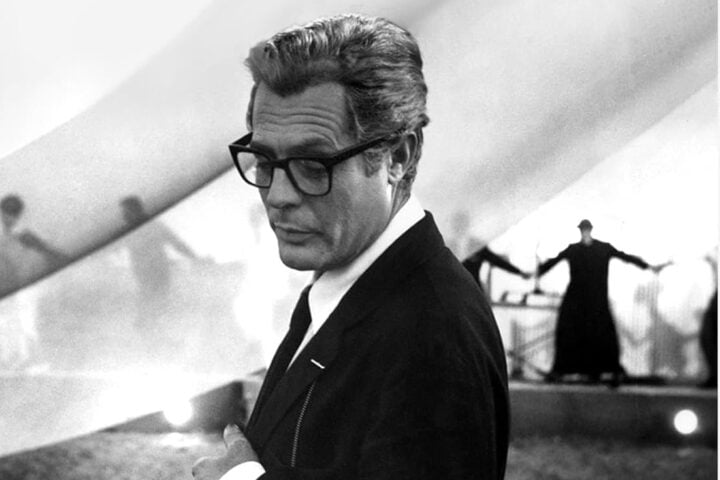Criterion’s release of Fellini’s masterpiece presents its imagery in all its oneiric splendor.
Criterion’s UHD release is an unimpeachable presentation of Robby Müller’s cinematography.
The sirenic, jittery sensuality of the film’s images benefit from the 4K uplift.
The disc’s extras provide ample insight into a crucial period of artistic growth for Jenkins.
Girl on a Motorcycle gets a stunning 4K upgrade as well as a meaty new commentary track.
Arrow’s release is now the definitive edition of Sam Peckinpah’s 1965 near-masterpiece.
Rivette’s masterpiece makes its long-overdue debut on Region 1 with an excellent A/V presentation and a bounty of superlative extras.
Criterion’s release of Beineix’s epic erotic drama recovers the sumptuousness and precision of its images.
The film’s cheeky, satirical take on the inevitable friction between scientific progress and capitalism remains as relevant today as ever.
René Clément inadvertently proves that the Machiavellian side of Ripley’s personality makes for better belletrism than cinema.
Criterion’s splendid box finally preserves Étaix’s cinema du Nouvelle Slapstick for the digital age.
Its looseness adequately portrays Plimpton as an inwardly conflicted figure, but it fails to make much of a case for his legacy outside of The Paris Review’s still-noticeable brand.
Twilight Time’s high-def restorative efforts prove that Major Dundee is anything but minor Peckinpah.
Mekas’s camera is never passive, often seeming to feed upon sensation that energizes it to the point of jittery transcendence.
Clarke’s portrait immortalizes Jason Holliday in the same sense that a death mask might preserve its subject’s uncanny likeness.
Deceptive Practice never bothers to attempt the one thing we’d expect and hope from a documentary about Ricky Jay: It doesn’t try to bamboozle us.
Perhaps the most valuable insight that the film provides about its subject is that he acts even as he directs.
Carruth hopes that Upstream Color’s ending will eventually appear less resolved than its surface suggests.
The plot willfully denies our satisfaction, often at the risk of compromising its own structural integrity.
It’s not the past’s ugliness that terrifies us in Cimino’s film, but its far more intimidating immensity.















